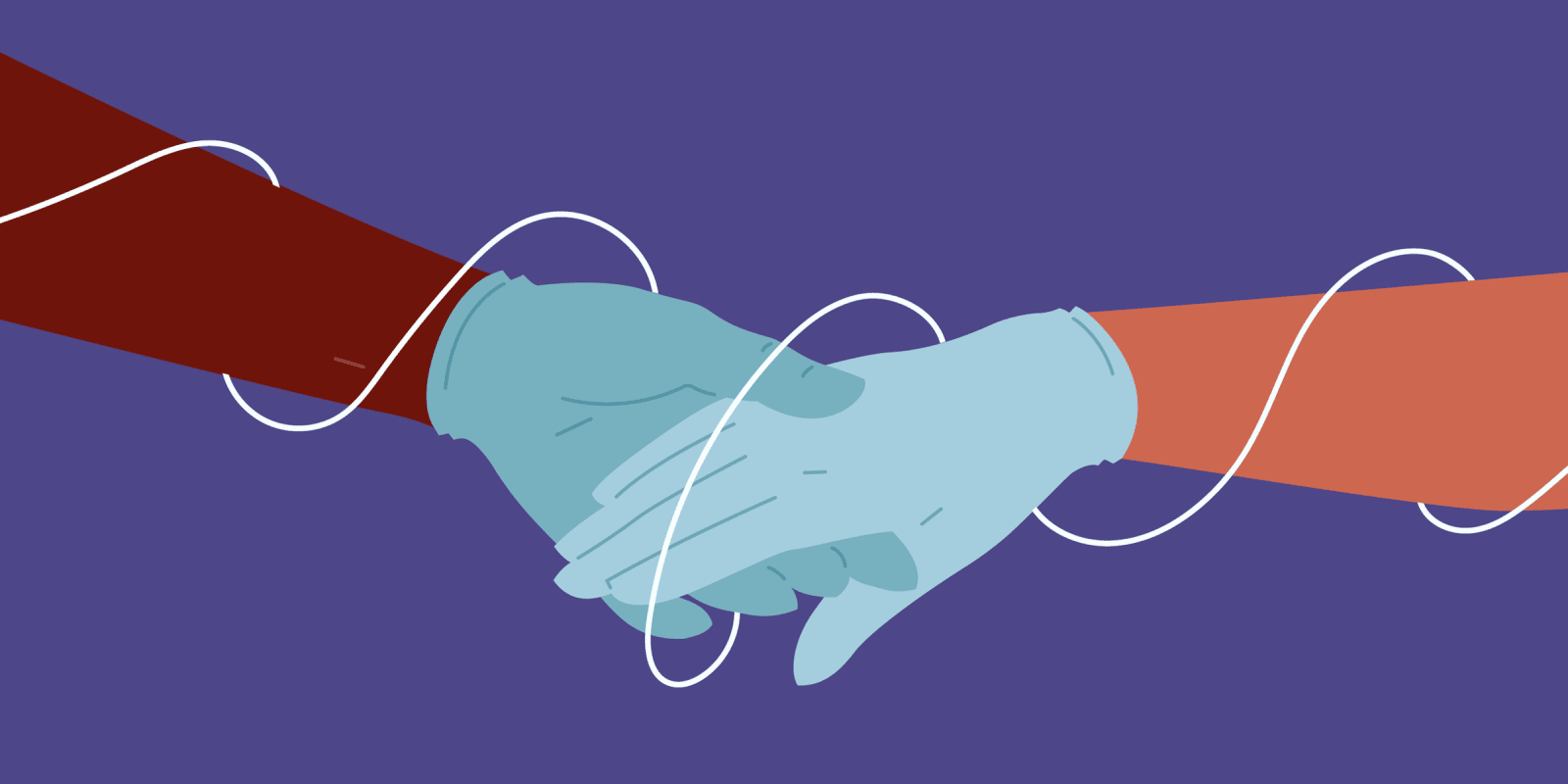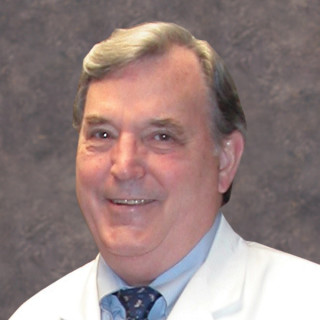I generally avoid opening sessions because they commonly feature an unfamiliar celebrity or entertainment that does not align with the meeting’s purpose. However, this year's ACOG opening session was about the practice of medicine, politics, and the latter’s impact on our organization’s members. Our Immediate Past President, Dr. Iffath Abbasi Hoskins, was a delight, selecting speakers who embodied the theme inspired by Edith Wharton's quote from 1902: "There are two ways of spreading light: to be the candle or the mirror that reflects it."
There are two options to review information on moral distress and medicine. One is to purchase on-demand access to the meeting content at $499 without earning CME credit. It's unclear how they expect to sell that package, but they do. The other is to read the June 2017 edition of the AMA Journal of Ethics, which focuses on Moral Distress in Medicine.
There will be times in medicine when decisions must be made based on political or other considerations that may not align with the best interests of patients, medicine, or the involved clinicians. Currently, this has become a national embarrassment due to the politicization of non-abortion-related services that are tangentially related to abortion. It appears that politicians lack a profound understanding of their actions. For instance, under the original anti-abortion law in Tennessee, clinicians could have faced criminal charges for treating ectopic pregnancies. Hopefully, this aspect of the law has been changed, but it remains a concern for clinicians who must navigate these political landscapes.
Personally, the concept of moral distress helped when I attended the training course for clinician-to-clinician peer support. It is important to note that this is peer support, not peer review. Drs. Laurie Gregg, Marie Boller, and Mibhali Bhalala have taken on the amazing and remarkable task of training physicians to support their peers after catastrophic medical outcomes. If a video of their course is in the on-demand access package, it is worth more than $499. Specifically, they emphasized the importance of active listening. During one exercise, three individuals took part: one acted as an observer, one shared a personal catastrophic event, and one listened to the sharer. The listener did not take notes; the focus was on the person discussing the event, not the listener. Each person in the room had experienced a catastrophic event.
In my case, I shared the story of a Jehovah's Witness who died because of an ice storm more than 40 years ago. She made the only logical decision after delivering other babies with no complications: she decided on a home birth. Unfortunately, she began to bleed and developed diffuse intravascular coagulation. After two hours, the family decided to go to the local hospital, normally a 15-minute drive. It took two hours to reach the hospital where her unequilibrated hematocrit was 15 and hemoglobin five. There was no blood available in that hospital, so they contacted me, a young faculty member in charge of the university-managed regional perinatal center. I accepted the transfer and asked the referring clinician to hold her hand in the ambulance on the way in, as I did not anticipate that she would survive the trip. She arrived at 11 p.m., about seven house after delivery, with her husband, a grown child, two Jehovah's Witness elders, and the name of the regional support clinician in Dallas. Her hematocrit was three and hemoglobin one. I contacted the clinician in Dallas, and we explored what could be done. However, everything we discussed had already been tried. I notified my chairman and the dean; both agreed with my decision.
I told the resident with me to go about his business, and I stayed with my patient and her family. Tragically, she passed away at 3 a.m. Years later, the resident thanked me for sending him out of that demanding situation. Reflecting on those events is still traumatic. In hindsight, as much as I don't like it, refusing the blood may have been a good decision. Had we unloaded the blood bank in her, she might have experienced cerebral hypoxia, cardiac arrest, multiple
organ failure, and weeks in the ICU in a coma; eventually succumbing, leaving her family in deep debt. Although her decision was traumatic for me, her family, and the involved community, it might have been the best one. There are instances when it seems that God calls someone home prematurely, and she is one of them.
I was relieved that I had discussed the situation with the dean because, as expected, a general surgeon came to his office to complain about me and my decision to let the patient die. The dean made it clear that it was his decision, and the surgeon left disgruntled. I was grateful not to have to engage in that conversation.
Since attending that course on peer support, I have reached out to two other clinicians who had life-threatening hemorrhagic events related to laparoscopic vascular injuries more than six years ago. Miraculously, both patients after a free-standing surgery center room was converted into a cardiovascular room; those physicians, traumatized by a near-death of a patient, may require ongoing recovery, much like me after my patient died more than 40 years ago.
If you can participate in a peer support course, I highly recommend it. We all experience traumatic events and require support. It is crucial not to keep these emotions bottled up but rather address and care for them; this makes a difference in moving forward. This applies not only to physicians, their patients, and their patient’s families but also to the nursing staff, ancillary staff, and the entire involved community. Everyone is affected by catastrophes, whether in the field of medicine, tornadoes, train wrecks, school shootings, or other devastating events unfortunate enough to occur. Everyone needs support after those disasters.
If you or a colleague need to talk with a peer-support representative, send a request to obdocwellness@gmail.com. The assigned peer supporter checks email daily and takes the case or assigns it to another peer supporter via text. No notes are taken. There is a de-identified survey for data tracking purposes.
Dr. Martin has no conflicts of interest to report.
Are you interested in writing about your experience attending a medical conference this year? Respond here.
Image by fedrelena / GettyImages







